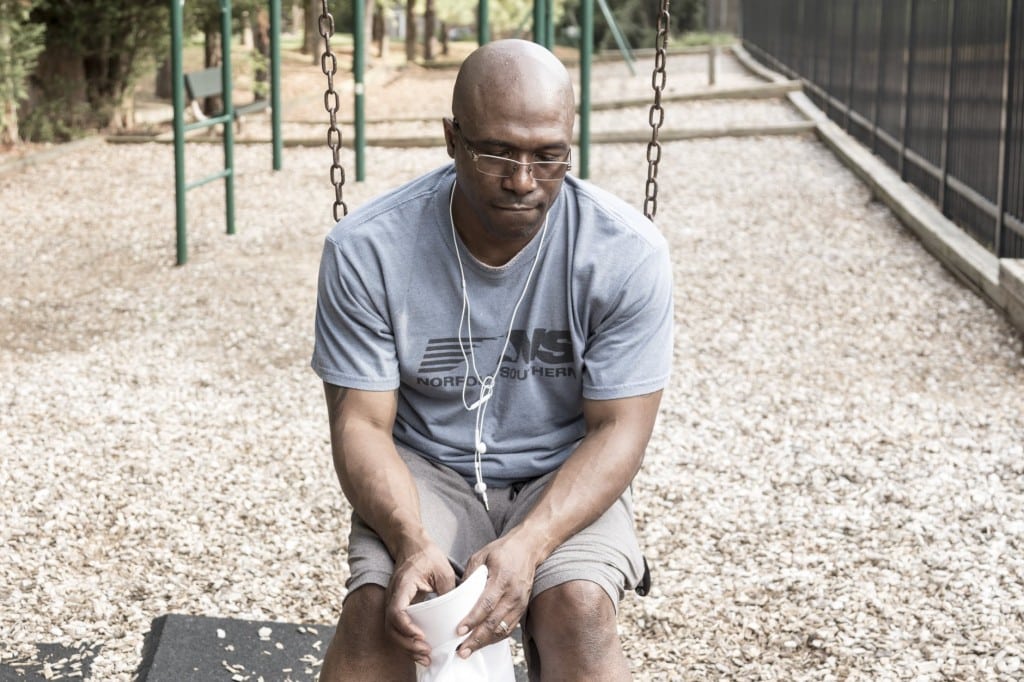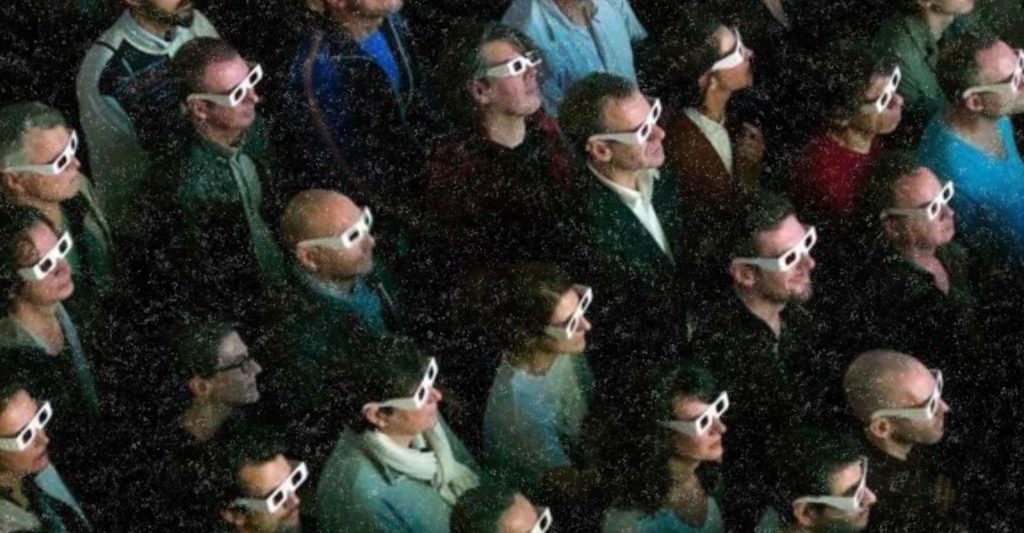THE STIGMA OF DEPRESSION ON RACE
Philosopher Frantz Fanon once wrote, “The oppressed will always believe the worst about themselves.” In marginalized communities, there is doubt, there is a lack of self-esteem, and overall poor morale when it comes to uplifting one’s self. A common misconception is that black and minority people do not suffer from depression. Without a balance of mental stability, we cannot be healthy.
With the recent news of two men being discriminated against and escorted out of a Starbucks in handcuffs by police, it is still increasingly dangerous to be a black man. Worry is a constant threat to their living.
Mental Illness and the Media
Last March, a serial bomber plagued the Texas community set off 5 bombs. In the media, he is described as a mentally challenged young man. The narrative is almost sympathetic. He is a white person. If we look at these actions through a racial lens, he most likely would be deemed a terrorist if he had not been a white man. By the way, the victims of these heinous acts happened to be mostly black and Hispanic.
In early April, New York City Police shot and murdered Saheed Vassell, a mentally ill man in the Crown Heights section of Brooklyn. 911 calls show that people assumed the man was wielding a weapon and was fatally shot at the arrival of the police. He was not taken peacefully into custody which leaves the question, does race still matter?
Blacks and Mental Illness
According to the National Alliance on Mental Illness, Black people are no different when it comes to the prevalence of mental health conditions when compared to the rest of the population. However, your concerns or experiences and how you understand and cope with these conditions may be different. For example, “Despite progress made over the years, racism continues to have an impact on the mental health of Black/African Americans.”
Why aren’t people of color treated with the same care as white people when it comes to mental illness?
Black women tend to be praised for being the most resilient and strongest people on this earth; however, these notions also limit the attention that black women may need in regards to mental health. In “Strong Black Women Are Allowed to Have Depression, Too” written by Rochaun Meadows-Fernandez, addressing this same sentiment.
“Black women deal with many unique societal factors that could affect mental health. As a Black woman who deals with anxiety and depression, I often feel “weak” due to my emotional fragility.” Many people in the black community that are diagnosed with depression may feel this way due to the stigma and representation of mental illness. However, Rochaun continues, “But as I grow more in my understanding of mental health, I’ve realized my struggle doesn’t negate my strength.”
You can still have depression and be strong. If you need help with the issue, it is highly recommended to seek a doctor’s help through talk therapy or counseling. Especially if you are a minority.
A Safe Place for the Minority
“The Safe Place” app created by Jasmin Pierre is taking strides in educating those under psychological distress. The AfroPunk article by Pierre states that “We are also 20% more likely to experience serious mental health problems than the rest of the general population.” This app is designed to cater to the minority community.
With recurring stories of minorities being murdered, mistreated, and discriminated against, it is important that we take the steps to live a more conscious life.
Being woke means, paying attention and treating our mental health. That’s real shit.






